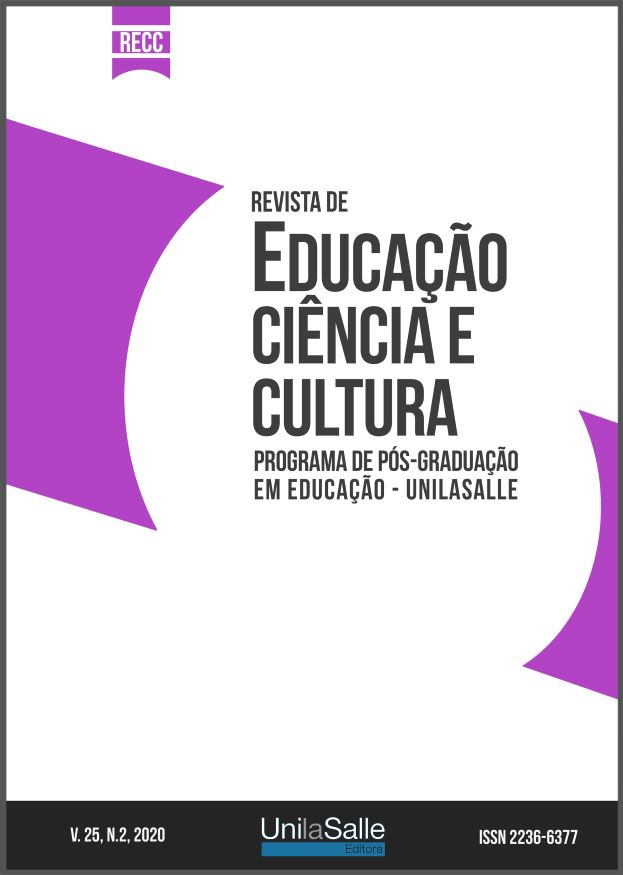What do the students of the Federal University of Pampa say about abortion?
DOI:
https://doi.org/10.18316/recc.v25i2.6736Keywords:
Abortion, University, Students, Education, Public Health.Abstract
Abortion is clearly a public health problem, because women die every day by performing it illegally. In a country where abortion is considered a crime under the Brazilian Penal Code, it is necessary to promote the debate on the abortion decriminalization and legalization, as well as the right that women should have over their own bodies. The present study aimed to investigate the opinion of the undergraduate and graduate students of the Federal University of Pampa on abortion, its decriminalization and legalization, as well as the understanding of this community about the proposal of CAP 181/2015. In order to so, a survey was conducted on a qualitative-quantitative approach, which used a completely anonymous online questionnaire as an instrument of data collection. After the collection period, a total of 192 answers were obtained and the data were analysed in two different ways. The closed questions were analysed following the simple statistical method and the open questions were analysed with theoretical basis in the Content Analysis method. Most of the participants were in favor of the abortion legalization and decriminalization, and the people who were opposed to it have brought conservative arguments. In the questionnaire’s analysis, it was observed that even in the face of illegality, women aged between 20 and 34 years abort insecurely using methods such as medicines, abortive tea, piercing object and clandestine clinics. In releasing the data from this research, we not only want to reinforce the debate about the importance of legalizing and decriminalizing abortion, but we also want to provoker eflection on the full auto no my that women should have over their bodies.
Downloads
Published
Issue
Section
License
Authors must submit their manuscripts to be published in this journal agree with the following terms:Authors maintain the copy rights and concede to the journal the right of first publication, with the paper simultaneously licensed under the License Creative Commons attribution that permits the sharing of the paper with recognition of authorship and initial publication in this journal.
Since the articles are presented in this journal of public access, they are of free use, with their own attributions for educational and non-commercial purposes.
The Periodic Journal of Education, Science and Culture in http://www.revistas.unilasalle.edu.br/index.php/Educacao was licensed with a Creative Commons - Attribution - Noncommercial 3.0 Not Adapted.


